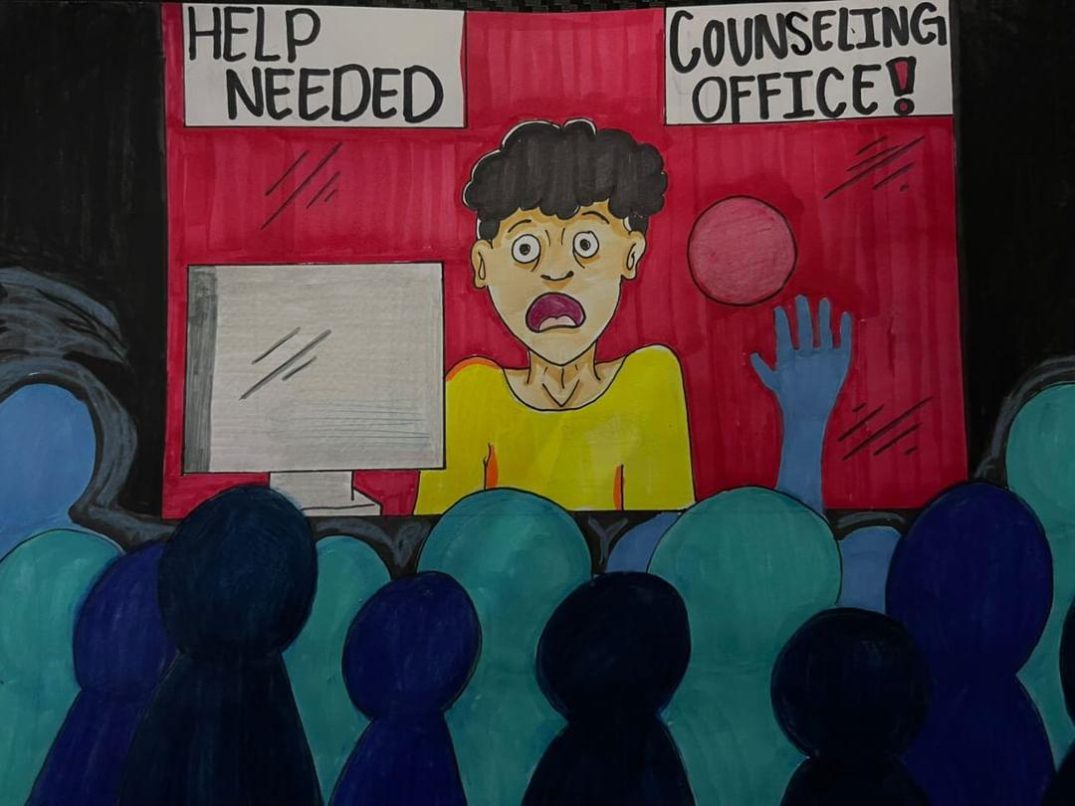Veto. This word resonates with every U.S. citizen regardless of political affiliation. It is the power our president has to reject congressional proposals. It is absolute power. And it’s coming to a college near you.
Winter session has been on the chopping block recently, with the administration proposing to remove it from the calendar in an effort to save money.
In these times of extreme budget cuts around every corner, it’s no surprise that the college would seek ways to cut costs. However, winter session should not be the scapegoat. Luckily, the battle was won and winter session was included in the 2012/2013 calendar.
A college is no place for this pseudo “veto” power. It is the responsibility of the administration and the board of trustees to make decisions in the students’ best interest. While it is understandable to “trim the fat” in the face of budget cuts, winter session is a necessary fat and the students of EC are emaciated children.
It is not in the students’ best interest to remove winter session and considering the Associated Students Organization, the Academic Senate and the Federation of Teachers oppose doing so, there should be no question that winter session should be safe.
Winter session has higher retention and success rates than every other semester, according to the Chancellor’s Office website. It is vital for students looking to transfer in the fall because it provides an opportunity for additional transferable credits that summer session doesn’t provide.
Why punish hardworking students looking to get ahead or aiming for a smooth transfer to a four-year college?
Removing an opportunity for education is certainly not in the students’ best interest, nor is it the students’ wish.
The purpose of an educational institution is to serve its students. Defying student’s and faculty’s best interests, means that the institution has failed in its purpose.
One alternative to cutting winter session might be to offer higher priced courses, similar to Santa Monica College’s solution to saving winter session.
This would enable students to enroll in the specific classes needed while generating efficient revenue to pay for the college’s operational costs.
Another course of action might be to create a partnership with local organization and rent out unused classrooms in the evenings for meetings, workshops or training sessions.
This would help generate the revenue needed to keep winter session around.






